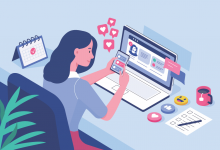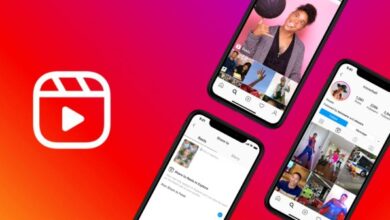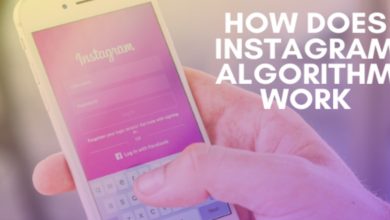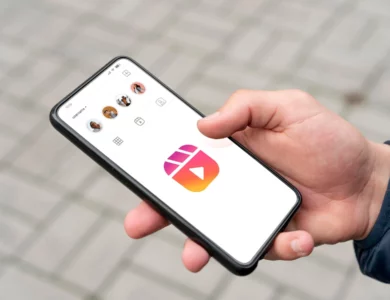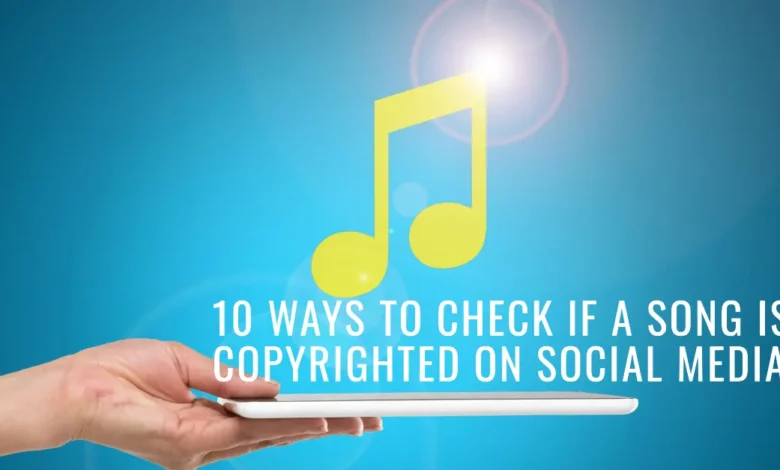
Do you know how to find out if music has a copyright? There’s so much music out there to enjoy and share. But for creators, DJs, YouTubers, and even regular listeners, it’s important to know if a song is copyrighted.
Using copyrighted songs without permission can cause big problems like legal issues, fines, or having your content taken down.
But don’t worry!
In this guide, we as a leading digital marketing agency in Delhi will help you understand song copyrights. We’ll show you how to make sure the music you love or want to use is legally okay for what you want to do with it.
Content ID Match
Social media websites like YouTube and Facebook have special programs that check if music in your videos belongs to someone else. They do this using a system called Content ID. If the music you use is owned by someone else, these programs will tell you. You might get a message saying your video matches’ music owned by someone else.
This means the music is copyrighted, and you may not be able to use it in your video without permission. So, it’s important to be careful when adding music to your social media posts to avoid copyright issues and follow the rules.
Manual Copyright Claims
Sometimes, the people who own the music or their helpers look for their songs on social media. If they find their music in your post without permission, they might ask the social media platform to take down your post. This is called a copyright claim. They might also make your video quiet or remove it altogether.
This happens because using someone else’s music without permission is against the rules. It’s like borrowing a toy without asking – you need to get permission first to avoid getting in trouble. So, it’s best to be careful and follow the rules about using music on social media.
Third-Party Tools
Some special tools made by other companies can help you check if a song is owned by someone else before you put it on social media. These tools have lists of songs that belong to others. When you upload a video with music, the tool checks if it matches any of the songs on the list.
If it finds a match, it tells you that the music is owned by someone else. This helps you know if you can use the music or if you need to find a different song. It’s like having a friend who knows all the rules about music and helps you follow them.
Public Domain Status
Some songs are free for everyone to use because they are very old or their creators have allowed them to be used by everyone. These songs are called “public domain.” Before you use a song in your social media post, you can check if it’s in the public domain. If it is, it means you can use it without worrying about breaking any rules.
It’s like finding a treasure that everyone can share. Just make sure the version of the song you want to use is really in the public domain, as some newer versions might still be protected by copyright.
Creative Commons Licensing
Some songs are shared with special permissions called “Creative Commons Licenses.” These licenses tell you exactly how you can use the song. When you find a song with a Creative Commons license, you should read the rules that come with it. They might say you can use the song for free, but you need to give credit to the creator.
Or they might say you can use the song for certain purposes, like personal use but not commercial use. It’s like borrowing a toy from a friend but with clear instructions on how to play with it so everyone stays happy.
Official Licensing
If you want to use a popular song from a famous singer or music company, it’s a good idea to check if they allow it first. You can visit their official website or a special platform where they share their music licenses. These licenses tell you if you’re allowed to use the song and how you should do it.
Sometimes, they might ask you to pay a fee or follow certain rules. It’s like asking permission to borrow a toy from its owner, and they might say yes if you promise to take good care of it.
Performing Rights Organizations (PROs)
Some groups manage the rights to many songs, like a big library. They’re called “Performing Rights Organizations” or PROs. These groups keep track of who owns the rights to each song. If you’re not sure if a song is copyrighted, you can look it up in their library. They have a database where you can search for the song.
If it’s in their library, it means someone owns the rights to it. It’s like checking a big book to see who owns a toy – if it’s listed, you know you should ask for permission before using it.
Royalty-Free Music Libraries
There are special libraries where you can find music that you’re allowed to use without worrying about copyright issues. These libraries offer what’s called “royalty-free music.” It means you can use the music without paying each time you use it.
When you use music from these libraries, you get a license that says you can use the music in your social media posts. It’s like having a collection of toys that you can play with anytime without having to ask permission each time – as long as you follow the rules set by the library.
Original Composition
If you make your own music or get permission from someone who did, you can use it without worrying about copyright issues. Creating your own music means making something original that belongs to you. It’s like drawing a picture or building a toy from scratch – it’s yours to use however you want, further added by the trainers of a digital marketing institute in GTB Nagar Delhi.
But remember, if you use someone else’s music or if they helped you make it, you might still need to follow their rules. So, it’s always good to make sure you have permission or that the music is truly your own before sharing it on social media.
Consult Legal Advice
If you’re unsure about using a song on social media, it’s smart to ask someone who knows the rules well. You can talk to a person who understands the laws about music and copyrights. They can give you advice on what you should do. Sometimes, they might suggest you get permission from the song’s owner before using it.
It’s like asking a teacher for help with a difficult question – they have the knowledge to guide you in the right direction and ensure you’re following the rules correctly, so you don’t get into trouble.


